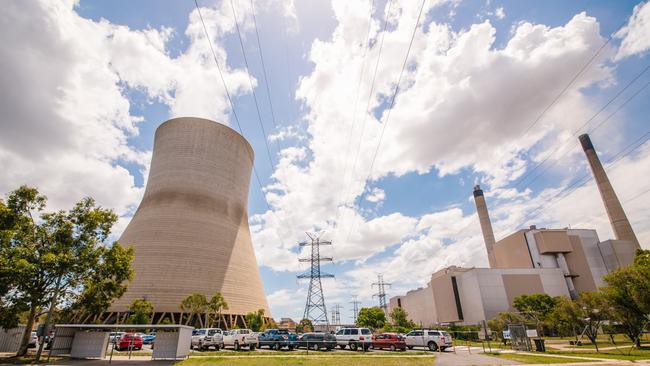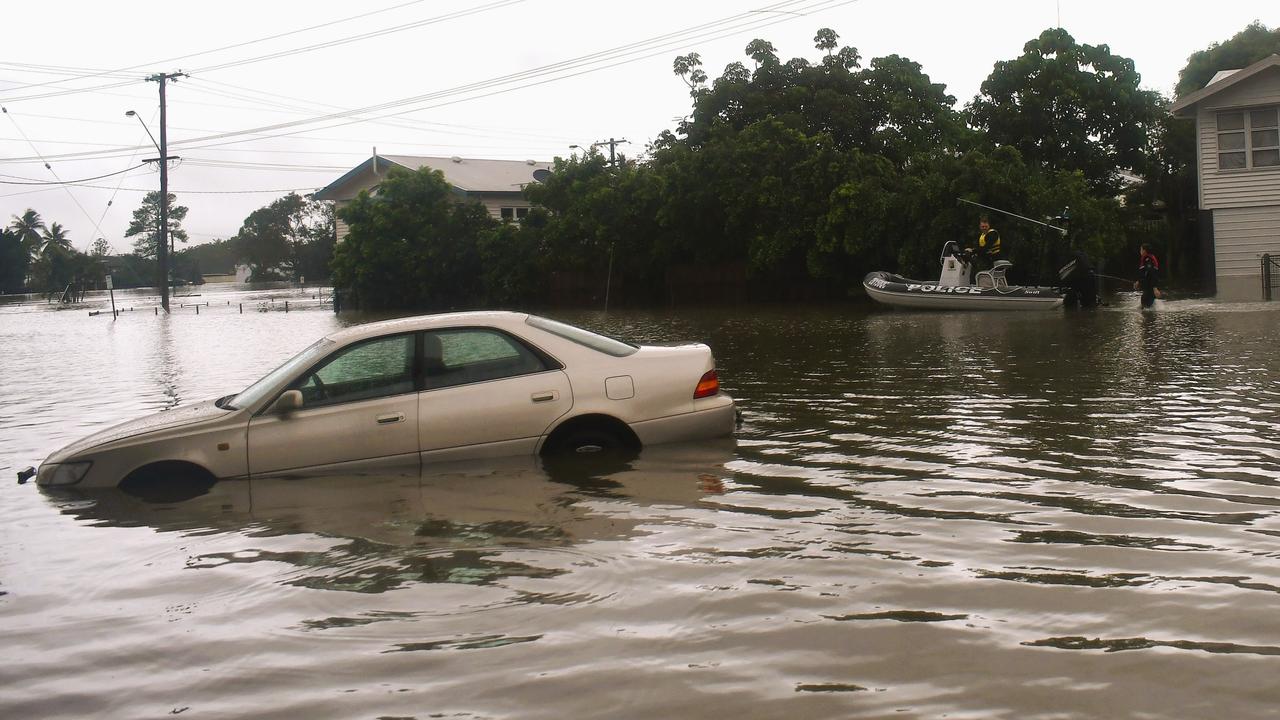Typical large business customers face $43,000 power bill rises
A fire in a government-owned coal-fired power station is threatening to deliver hefty increases in electricity bills.

Townsville
Don't miss out on the headlines from Townsville. Followed categories will be added to My News.
AN outage in a government-owned coal-fired power station from fire early last year is threatening to deliver big increases in electricity bills in regional Queensland.
The government’s Queensland Competition Authority has released its draft determination for 2022-23 showing increases of up to $42,939 or 13.4 per cent for a typical large business customer.
Its consultant, ACIL Allen, found the reason behind increases in Queensland’s wholesale prices driving the latest rises is partly due to the fire which shut down the Callide C power station on May 25 last year.
Other factors included higher coal and gas prices.
“The main reason for the increase in prices overall is the continued outage of Callide C Unit 4 (which is not expected to return until the end of 2022 at the earliest), an increase in export coal prices, and an increase in gas prices,” ACIL Allen says.

For a typical residential customer, the expected increase is $54 or 4.2 per cent, although this does not include the hot water (tariff 31) and pool pump (tariff 33) tariffs which are up 4.5 per cent and 6.5 per cent respectively.
Meanwhile, a $50 “asset ownership dividend” which the government announced on February 18 and will be credited against residential accounts was not included in the calculations.
Burdekin LNP MP Dale Last said the government should ensure the “price discrimination” which already exists between Southeast and regional Queensland does not worsen.
“There is little chance of businesses in regional Queensland thriving and employing more people when they are facing increases in their electricity bills ranging to nearly $43,000 per annum,” Mr Last said.
“(Energy) Minister (Mick) de Brenni needs to guarantee that these horrendous increases will not be implemented and there is no reason why he can’t do that.”
Mr de Brenni said they had responded with the $50 asset ownership dividend payment for residential customers and that Queensland had the lowest residential prices on the East Coast.
“If Dale Last was truly passionate about keeping power bills down, he’d be urging his colleagues in Canberra to back in Queensland renewables with real commitments, as they have done in other states,” Mr de Brenni said.
Submissions on the QCA’s draft determination close on April 7 before a final pricing is released on May 31.
More Coverage
Originally published as Typical large business customers face $43,000 power bill rises



